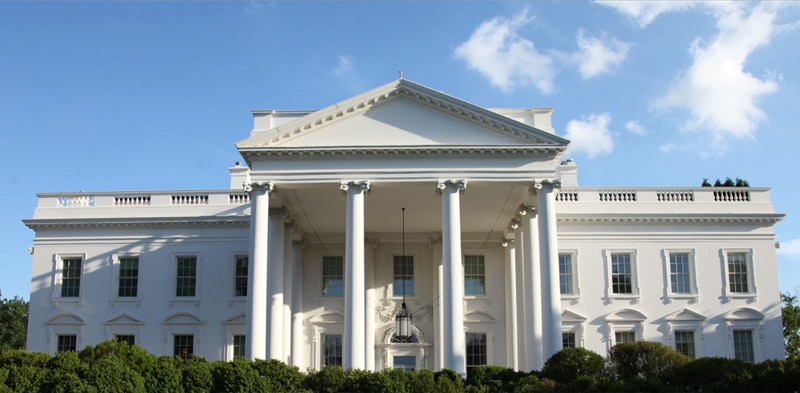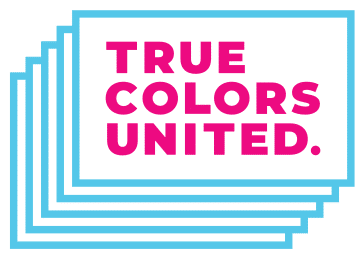
86 LGBTQ and Youth Homelessness Organizations Sign Open Letter to Trump Administration: “Protect Transgender Lives”
According to the New York Times, the Federal Government is considering narrowing the legal definition of gender to exclude transgender people. This threatens the civil rights of nearly two million people in this country. Today, the True Colors Fund joins in solidarity with 86 organizations from across the United States to send a clear and direct message to officials within the Trump Administration: “Transgender rights are human rights.”
In our letter to the Office of Civil Rights at the U.S. Department of Health & Human Services, we demonstrate the consequences this change will have on the lives of transgender and gender-expansive youth. You can read the letter in full here. But first, let’s get a clear view of the issue…
What exactly is the Trump Administration trying to do?
Last week, the New York Times reported that the Trump Administration is considering changing the legal definition of gender. Currently, legal precedent recognizes gender as an individual’s choice – rather than determined by one’s sex assigned at birth. Instead, the federal government is seeking to define gender as a “biological, immutable condition determined by genitalia at birth,” requiring challengers of this definition to undergo genetic testing as a determining factor.
To be certain: one’s gender identity is a personal declaration of self as either male, female, a blend of both, or neither. How one perceives themselves and what they call themselves is a decisions best made by an individual, no one else.
What effect would this have on youth experiencing homelessness?
1. It makes it harder for transgender youth to get the services they need.
Seeking to erase the identities of transgender youth by forcing them into a gender identity not chosen as their own will only serve as an additional barrier to services, negate current efforts to prevent and end youth homelessness, and is inconsistent with the department’s mission of enhancing the health and well-being of all Americans.
2. It breeds discrimination.
Forcing transgender, intersex, and/or gender expansive youth to identify by their gender assigned at birth reinforces stigma and discrimination, and serves as a barrier to equal access to education for all youth.
3. It makes transgender and intersex people second-class citizens.
This administration’s stance regarding discontinuation of gender marker changes is violence against transgender and intersex communities. Such inflexibility could create a situation in which intersex and transgender people cannot access passports, state IDs, and travel, in addition to the various forms of violence already existing against these groups.
This change could have devastating consequences for transgender and gender-expansive youth seeking to gain access to runaway and homeless youth and other key federal programs. According to a recent study by the federal government, 30% of youth experiencing homelessness report being lesbian, gay, or bisexual and 6.8% report being transgender. Though LGBTQ youth only make up approximately 7% of the general youth population, another study highlighted that LGBTQ youth have a 120% greater risk than other young people of homelessness.
Transgender youth often face unique and more severe types of discrimination and trauma than their peers. Transgender women of color have been found to be more likely to report housing discrimination. In addition, providers are more likely to report longer periods of homelessness for the transgender youth they serve.
Here’s how you can help.
We need your help in sounding the alarm. By crafting your own statements in opposition to these proposed changes and making sure that opposition is seen by leaders on the Hill, and at Departments of Health and Human Services, Justice, Education, and Labor, you’re helping to apply the pressure needed to protect transgender rights.
Finally, we encourage anyone and everyone concerned about this to request a meeting (by phone or in person) with the White House Office of Information and Regulatory Affairs (OIRA) staff to express their concerns. The definition change is currently under review by OIRA, and we need to let them know where we stand.
It’s very easy to do – see this FAQ. We would suggest asking for two separate meetings (or calls) – likely 30 minutes and almost entirely them listening to you and maybe asking questions. You’d want to request meetings/calls about these two rules:
RIN: 1870-AA14
TITLE: Nondiscrimination on the Basis of Sex in Education Programs or Activities Receiving Federal Financial Assistance
RIN: 0945-AA11
TITLE: Nondiscrimination in Health Programs and Activities
Thank you, and don’t give up!
